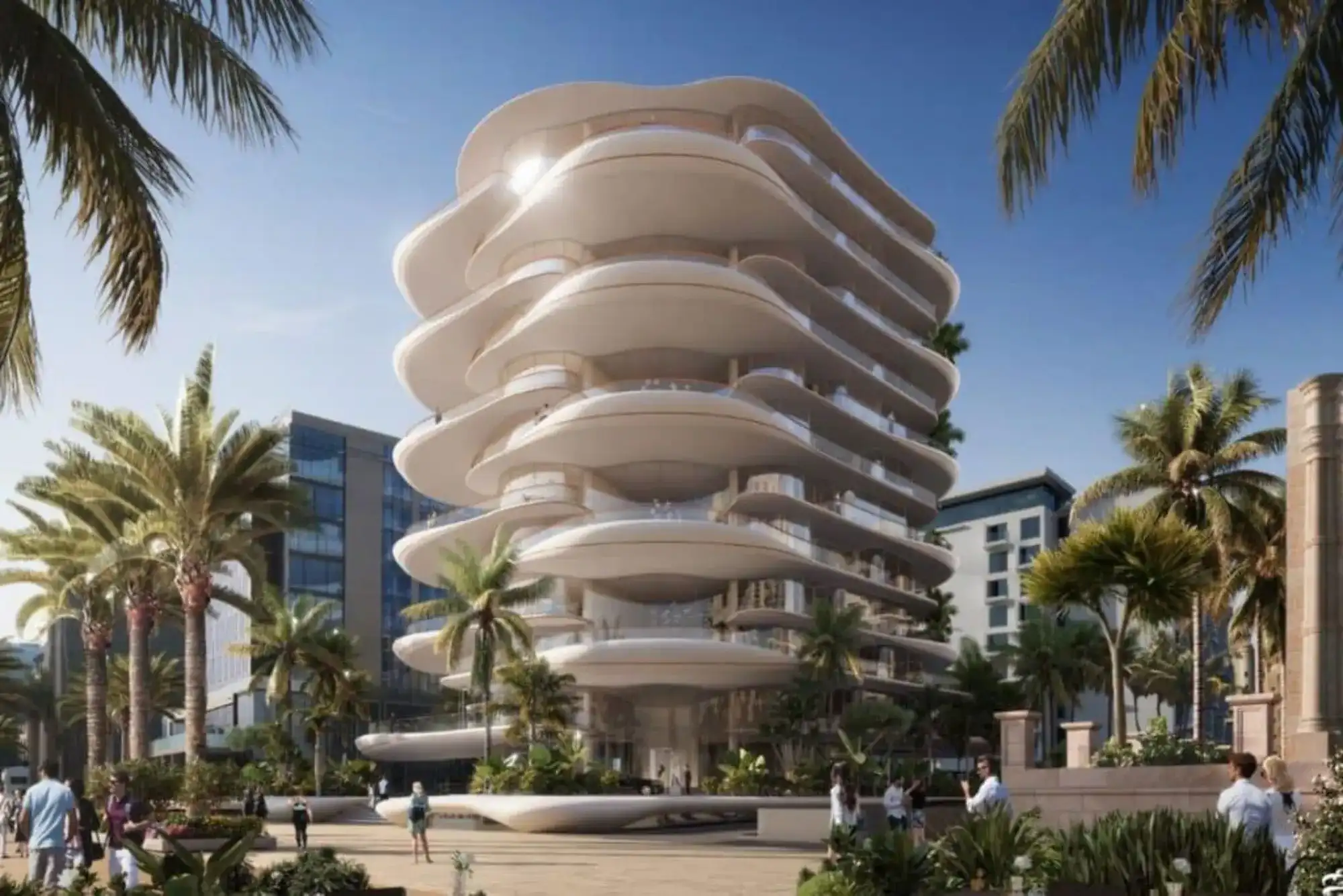Real Estate Development: Building the Future:
Real estate development plays a vital role in shaping the physical landscape of our cities and communities. It encompasses the planning, design, construction, and management of various properties, ranging from residential buildings to commercial complexes and mixed-use developments. This multifaceted industry contributes significantly to economic growth, urban revitalization, and the overall quality of life.
At its core, real estate development involves transforming raw land or existing properties into valuable assets that meet the needs of individuals, businesses, and society. It requires a comprehensive understanding of market dynamics, financial feasibility, regulatory frameworks, and architectural and engineering principles. Developers work closely with architects, engineers, contractors, and other professionals to bring their vision to life.
One of the key aspects of real estate development is thorough market analysis. Developers assess the demand and supply dynamics, demographic trends, and economic indicators to identify viable opportunities. This analysis helps determine the type of development most suitable for a given location, whether it’s residential, commercial, or mixed-use. Market research ensures that the final product meets the target market’s needs and aligns with the long-term vision of the developer.
Once the market analysis is complete, the development process begins with land acquisition. Developers seek out parcels of land with potential development potential and negotiate deals with landowners. The acquisition process involves due diligence, including assessing the property’s zoning restrictions, environmental impact, and any legal or regulatory issues affecting development plans.
With the land secured, the next step is design and planning. Architects and urban planners collaborate with developers to create a vision for the project. They consider aesthetics, functionality, sustainability, and community impact. The design phase includes creating blueprints, obtaining necessary permits and approvals, and ensuring building codes and regulations compliance.

After the design phase, construction commences. Contractors and construction teams work diligently to bring the project to life, following the specifications and timelines set during the planning phase. Effective project management is crucial to ensure efficient coordination among various stakeholders, adherence to budgets, and timely completion of the development.
Real estate development is not limited to erecting new buildings; it also involves repurposing existing structures. Adaptive reuse projects, where old buildings are transformed into vibrant spaces, contribute to preserving architectural heritage and fostering sustainable development. These projects breathe new life into neglected properties, revitalizing neighborhoods and creating economic opportunities.
Once construction is complete, the focus shifts to property management. Developers or property management companies oversee operations, maintenance, and tenant relations. They ensure the property remains attractive, functional, and profitable over the long term. Effective property management is essential to maximize returns on investment and create thriving communities.
Real estate development is a dynamic field that responds to the evolving needs of society. In recent years, sustainable development practices have gained prominence, with developers incorporating energy-efficient designs, green spaces, and renewable energy solutions into their projects. This focus on sustainability reflects the industry’s commitment to mitigating environmental impacts and creating resilient, livable spaces for future generations.
In conclusion, real estate development is a complex and impactful process shaping our environment. It involves combining market analysis, design, construction, and management to transform land into valuable assets. As the world continues to grow and evolve, the role of real estate developers remains essential in building the future and creating spaces that enrich our lives.











